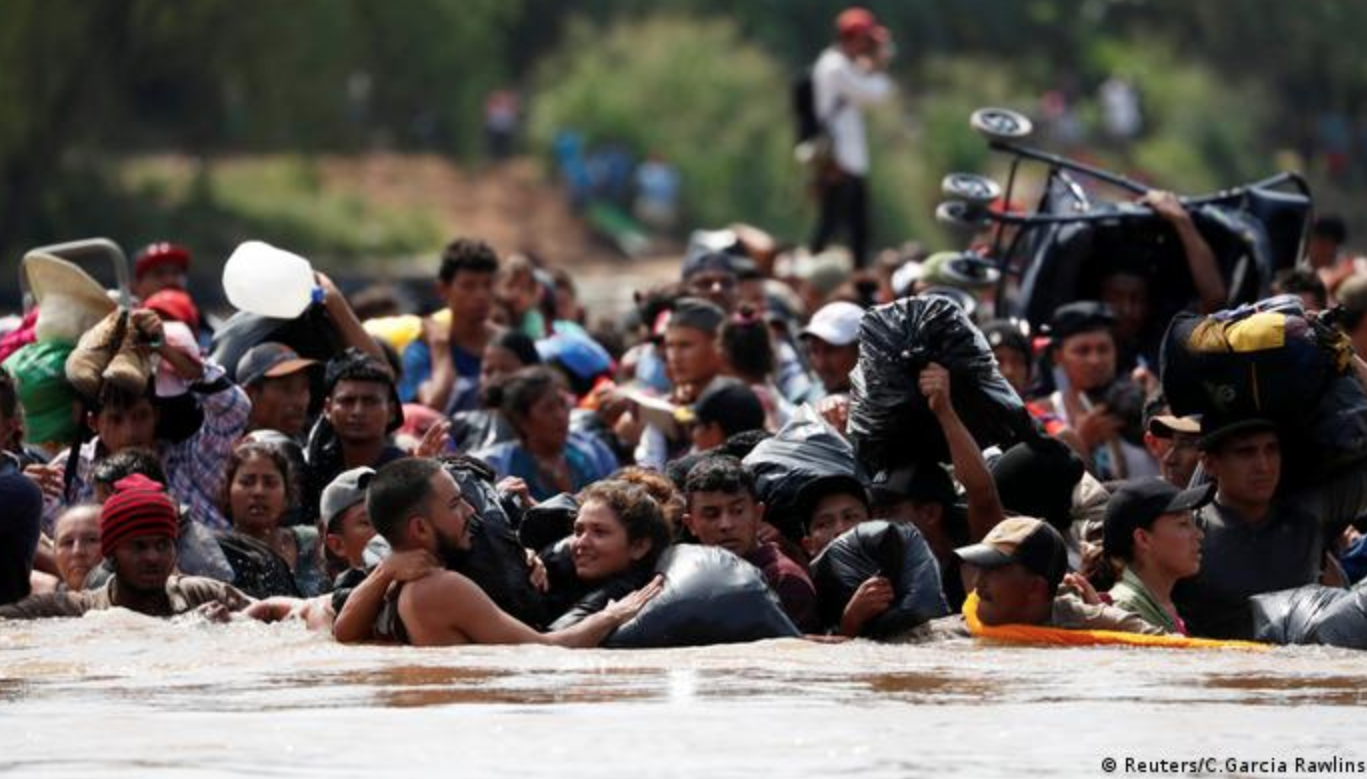The Summit of the Americas, the highest level multilateral forum on the Americas, was recently held in Los Angeles. The summit was marked by the adoption of a declaration on migration and protection, proposed by the U.S. government and signed by the governments of 20 countries. What is this declaration about? Why did the U.S. government propose it and why did some Latin American governments support it? Can we say that it is a “migration pact” for the Americas?
The IX Summit of the Americas was sponsored by the U.S. Government, which also proposed the main topics to be discussed at the meeting. Human mobility was at the top of the agenda, probably due to concerns within U.S. domestic politics. There is currently a political campaign in the United States for the midterm elections, which will be held in early November, and Joe Biden’s administration wanted to send a strong message and an image of leadership to its domestic constituency on this sensitive issue. But this is nothing new. The United States has historically put forward proposals for Pan-American rules and policies as a way of projecting its power and interests to the rest of the region.
Many times, Latin America has resisted and rejected these proposals, as resistance to the domination of the strongest is a deeply rooted preference in the region. Following this line, on this occasion, many leaders did not attend, and many others openly criticized the U.S. government for not inviting Cuba, Nicaragua, and Venezuela to the meeting.
The summit was controversial even before it began. The Biden administration did not invite the governments of Cuba, Nicaragua, and Venezuela because of “concerns about the lack of democracy and respect for human rights” in those countries, thus drawing an ideological and divisive line in one of the most relevant multilateral spaces for dialogue and cooperation in the hemisphere.
At the same time, however, countries such as Haiti, where there are major problems with the legitimacy of electoral processes, or Colombia, where serious human rights violations are taking place, were invited. These contradictions have raised concerns about the Biden administration’s double standards toward Latin America. The absence of Cuba, Nicaragua, and Venezuela, three of the region’s main countries of origin of migration, also poses a major constraint to any hemispheric multilateral agreement on migration.
Failure to include the voices and perspectives of the region’s main countries of origin diminishes the legitimacy of any agreement on migration and, at the same time, increases the enormous asymmetries that characterize inter-American international relations.
Similar to the global migration and refugee compacts, the Los Angeles Declaration on Migration and Protection is a non-binding agreement in which signatory States adopt some action points under the principles of “safe, orderly, humane, and regular migration” and “respecting the sovereignty of states”. “Safe, orderly, and regular” migration is a principle that has been adopted and encouraged by global compacts, but this declaration adds the “humane” aspect, which probably comes from Vice President Kamala Harris’ plan for “humane” border management.
The Los Angeles Declaration has four main pillars: financial assistance for communities of destination, origin, transit, and return; promotion of regular pathways for migration and international protection; promotion of “humane migration management” and “coordinated emergency response.” It includes a strong emphasis on information exchange in the areas of security and irregular migration.
This emphasis on security and irregular migration stems from the U.S. interest in adopting a hemispheric-wide agreement aimed at containing northbound migration flows, strengthening border controls, and information sharing for control and security purposes, while at the same time promoting humanitarian rhetoric.
Such rhetoric is probably intended to bring the rule more in line with the Latin American tradition of liberal and progressive immigration governance and to reduce Latin American resistance and opposition to restrictive and securitized U.S. policies. The U.S. government has already committed to providing $314 million in humanitarian and development assistance as part of this agreement. This is likely to increase cooperation between some Latin American countries and the U.S. in areas of interest to the funding country.
In summary, answering the questions posed at the beginning of this article, the Los Angeles Declaration is a non-legally binding agreement that defines four main lines of action in the area of migration and refugee issues. The U.S. proposed it primarily to respond to domestic policy concerns at an election time, but these types of proposals have long historical roots.
United States interests were focused on containment and security, and Latin American countries supported it because the statement included some of their requests for international funding and support for sending and receiving countries, and also probably because the more secure and restrictive aspects, often resisted by Latin American governments, were diluted under “humane” rhetoric.
The failure to include the preferences of the main countries of origin of migration flows detracts from the legitimacy of the final document. Consequently, the declaration does not constitute a comprehensive migration pact for the Americas. It is a broad and flexible international agreement that, like the global pacts on migration and refugees, consists of political commitments and lines of action whose implementation will ultimately depend on the priorities of each country.
The negotiation of the Los Angeles Declaration provides us with an illustrative example of the broader dynamics that dominate global and regional migration governance, including powerful receiving countries seeking to push their containment agenda and the various adaptive, emulative, and resistance strategies used by smaller and medium-sized countries to have their preferences included in regional and global norms and standards.
Now that this agreement has been signed, more complex power dynamics are likely to emerge during its implementation. What preferences will be followed?
Translated from Spanish by Janaína Ruviaro da Silva













